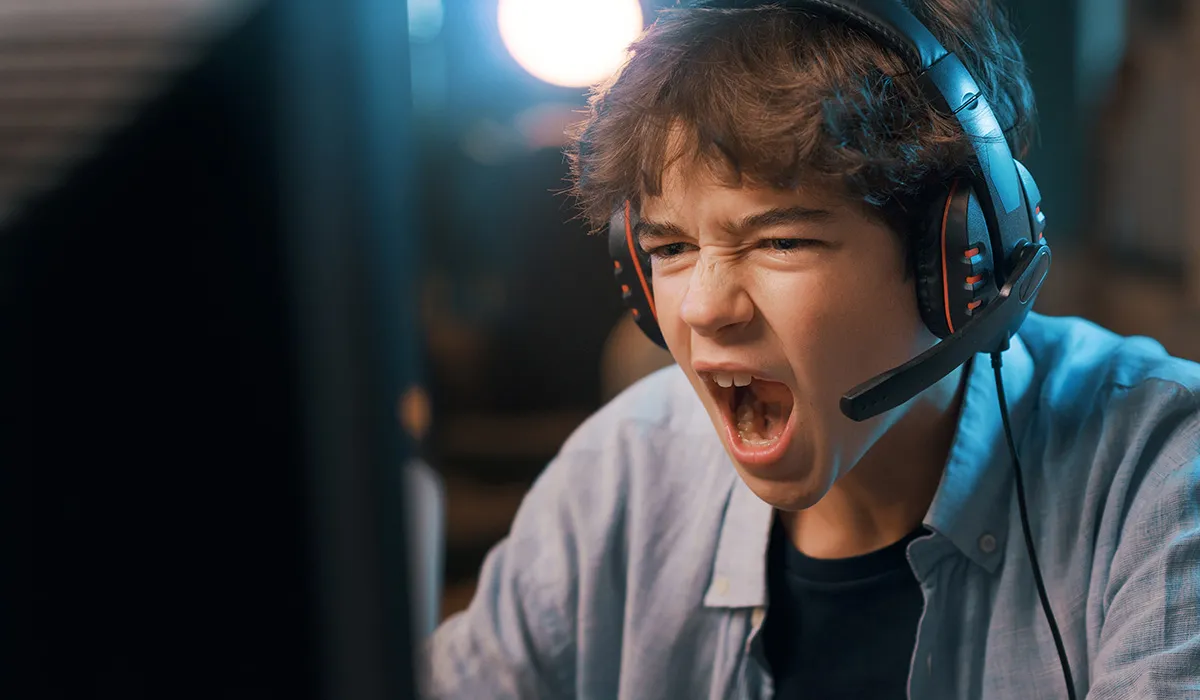Video games are a popular source of entertainment for children and teens, offering fun, social interaction, and even cognitive challenges. However, excessive gaming can sometimes lead to addiction, which may affect a child’s health, relationships, and overall well-being. Understanding the signs, risks, and ways to support children is key to maintaining a healthy balance.
What Is Video Game Addiction?
Video game addiction, also called gaming disorder, occurs when gaming takes priority over other aspects of a child’s life. It can interfere with school, friendships, family relationships, and physical health. The World Health Organization recognizes gaming disorder as a mental health condition when behavior patterns become persistent and cause significant impairment.
Signs of Video Game Addiction in Children
While not every child who plays a lot of games is addicted, certain behaviors may signal a problem:
- Excessive Time Spent Gaming: Playing for many hours daily, even at the expense of sleep, homework, or social activities.
- Loss of Interest in Other Activities: Avoiding hobbies, sports, or time with family and friends.
- Irritability or Mood Changes: Becoming angry, anxious, or depressed when not allowed to play.
- Decline in Academic Performance: Missing assignments, lower grades, or difficulty focusing.
- Deception or Secretive Behavior: Hiding gaming activity or lying about time spent online.
Risks Associated with Excessive Gaming
Excessive gaming can impact multiple aspects of a child’s health and development:
- Physical Health: Poor posture, eye strain, sleep disturbances, and sedentary lifestyle risks.
- Mental Health: Increased anxiety, depression, and emotional dysregulation.
- Cognitive and Social Development: Difficulty concentrating, delayed problem-solving skills, and limited face-to-face social interaction.
- Academic Challenges: Falling behind in school due to time spent gaming.
How Parents Can Support Healthy Gaming Habits
- Set Boundaries: Establish daily limits for screen time and ensure gaming doesn’t interfere with sleep, schoolwork, or family time.
- Monitor Content: Choose age-appropriate games and understand the content and online interactions.
- Encourage Balance: Promote hobbies, physical activity, and social interactions outside of gaming.
- Communicate Openly: Talk with your child about their gaming habits and listen without judgment.
- Seek Help if Needed: If gaming is causing significant disruption, consider consulting a pediatrician or mental health professional.
Signs You Might Need Professional Support
If a child continues to prioritize gaming over basic needs, experiences mood swings, or shows declining academic performance despite parental intervention, professional help may be needed. Treatment can include counseling, behavioral therapy, and support programs to help children develop healthier habits.
Final Thoughts
Video games can be a positive part of childhood when enjoyed in moderation, but it’s important to be aware of the signs of addiction. Early recognition, open communication, and consistent boundaries help children maintain a healthy balance between gaming and other important aspects of life.

